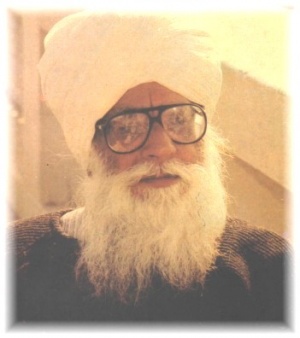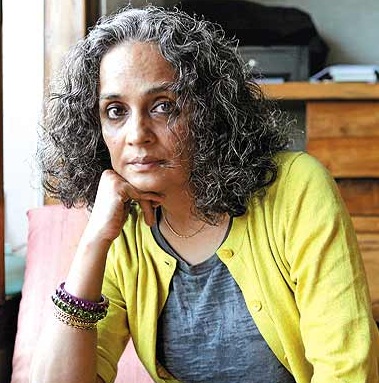Struggling Nations

Sikhs, Kashmiris, Tamils, Nagas seek Right to Self-determination as a solution to conflict resolution in South Asia
New Delhi, India (Nov. 03): The assembly of Sikhs, Kashmiris, Tamils and Naga representatives of nationalities gathered at Jantar Mantar to pay homage to those who were killed in November 1984, repeatedly sought the right to self-determination as the only solution to ensure that carnages like November 1984 do not recur again in Punjab, Kashmir, Tamil Nadu and Nagaland.

Featured on 26 January – India’s #RepublicDay: Betrayal of the Sikhs (Address to Indian parliament by S. Kapur Singh)
Ludhaina, Punjab (January 26, 2014): Sikh Siyasat News is reproducing in following lines the text of historic speech by Sirdar Kapur Singh in Indian Parliament on September 6, 1966. In this speech the National Professor of Sikhism had documented the fact of betrayal of Sikhs by the Indian State.

Featured on 26 January – India’s Republic Day: Betrayal of the Sikhs (Address to Indian parliament by S. Kaur Singh)
Ludhaina, Punjab (January 26, 2013): Sikh Siyasat News is reproducing in following lines the text of historic speech by Sirdar Kapur Singh in Indian Parliament on September 6, 1966. In this speech the National Professor of Sikhism had documented the fact of betrayal of Sikhs by the Indian State.

Observe India’s ‘Republic Day’ as ‘betrayal day’: Sikh body, Dal Khalsa, to Ethnic minorities
Jalandhar/Amritsar, Punjab (January 26, 2013): Stressing on India’s history of broken promises in Punjab, Kashmir and elsewhere, the Dal Khalsa has asked religious minorities and ethnic nationalities residing in India to observe the 'republic day' as 'betrayal day'.

Touted is a good word to use in connection with India’s democracy: Arundhati Roy
New Delhi (June 28, 2012): World famous author and Bookers prize winner, Arundhati Roy in a recent interview said that [touted] is a good word to use in connection with India’s democracy.
Dal Khalsa flays attempts to muzzle ‘voices of dissent’ by branding them as ‘seditious’
Amritsar (December 01, 2010): Dal Khalsa expressed its deep concern at the registration of a ‘sedition’ case against veteran Kashmiri leader Syed Ali Shah Geelani, Arundhati Roy, Prof SAR Geelani, Dr Sheikh Showkat Hussain, Sujato Bhadra, Varavara Rao and Shuddhabrata Sengupta by the Delhi Police on the direction of Metropolitan Magistrate Navita Kumari Bagha.

Does India deserve permanent membership in the United Nation Security Council?
The atrocities of the Indian forces committed against the Kashmiris cannot be forgotten, e. g., more than 192,685 killings, 215,877 arrests, 110,000 disappearances, 115,665 home demolitions, by Indian Security Forces, leaving 122,675 widows and 207,218 orphans. Indian forces have been committing crimes such as rape, torture, atrocities and gross human rights violations of the Kashmiri people. Nobody is there to listen to their agony for the past 63 years.

Paradise on Fire: Violation of Human Rights in Kashmir – by Sanman Kaur Grewal
Following armed hostilities in 1947-1949 between India and Pakistan and intervention by the international community, the region once known as the Princely State of Jammu and Kashmir was divided. Commencing no later than October 1947, the Kashmir dispute has proved the most protracted territorial dispute in the United Nations era.
Common front of struggling nations condemned HR violations by Indian Troops
London (August 15, 2010): Kashmiri, Sikh and Naga Diaporas in London, representing a common front against Indian imperialism, have condemned the oppression and human rights violations by Indian troops in their territories.
15 August observed as “Black Day” by Sikhs; Peaceful sit-in at Amritsar
Today marks the 63rd anniversary of the India’s independence. It is a "Black Day" for all the minorities of India. India has a poor record of human rights, from Kashmir to Punjab to Northeast. India has extremely serious human rights problems. Primary among them is the culture of impunity to security forces. By observing August 15 as black day, we are keeping the desire for freedom alive.
India at war with itself
The starter question I asked myself when I was thinking about what I might usefully say here today was this: How serious a threat to stability, and perhaps even democracy, are India’s insurgency movements?









